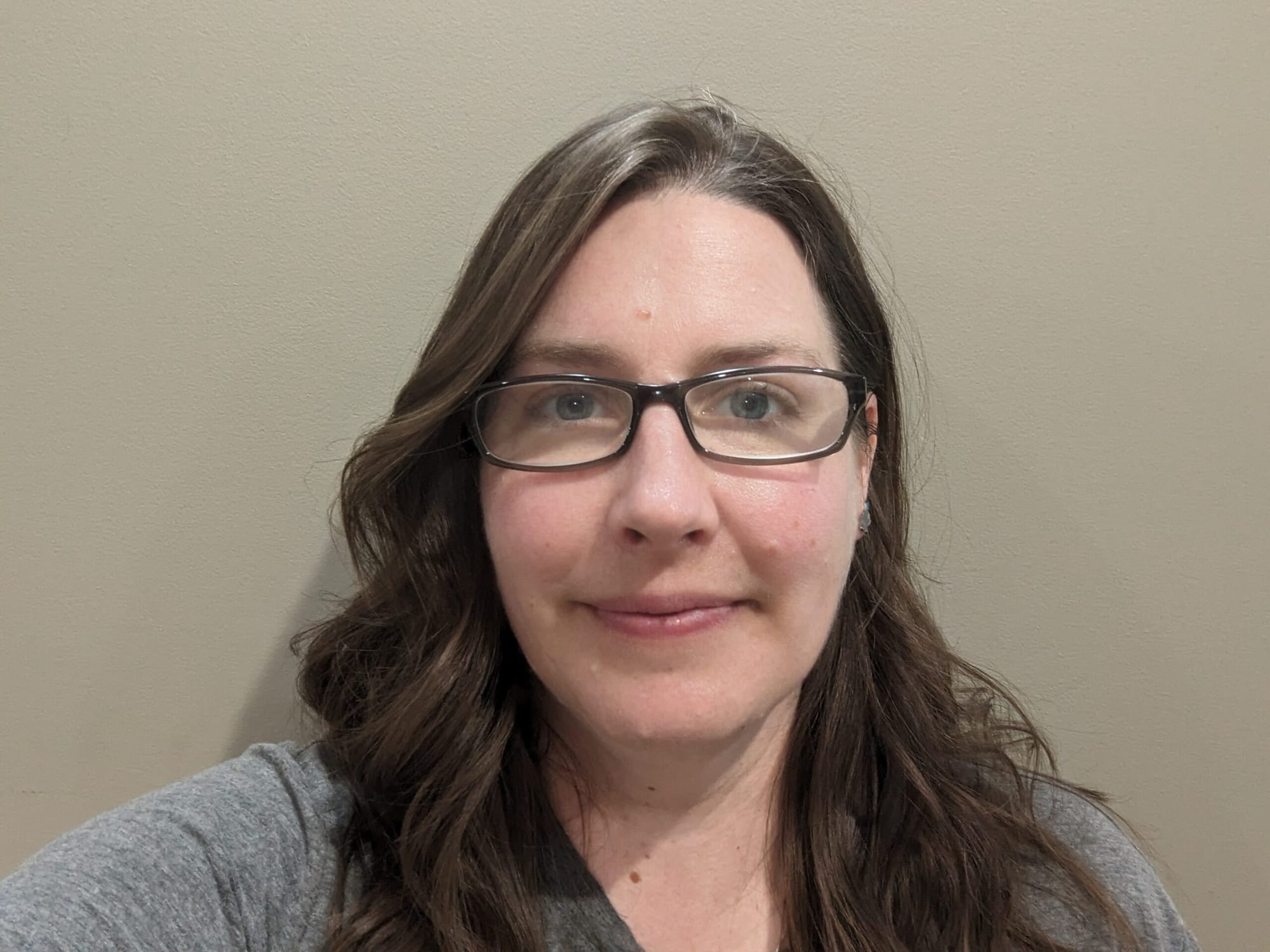Henry Idema: Religious decline and mental illness

I would guess there is not a pastor here in West Michigan, in all denominations and in all religions, who would not agree with this statement: religious decline, called secularization, has contributed to a rise in mental illness.
Sigmund Freud made such an observation more than a hundred years ago. So let's examine some of the reasons for this connection.
- What Freud was observing in his psychoanalytic practice was more and more people suffering from anxiety disorders, and he connected this increase to the loss for many people of their religious beliefs. Jesus himself made such a connection between anxiety and a loss or lack of faith (see Matthew 6:25-33). Jesus also taught us that we worry about the wrong things, e.g., what we look like. He tried to instill faith in his listeners. A simple illustration will suffice here. If you did not have faith — in God or the pilot — that the plane would land safely, would you even get on that plane? Faith for Jesus was rooted in the belief in God's providence, which has been undermined in our culture for many different reasons, e.g., wars, death of children, disease, etc. Thus more and more people feel that they are alone in the world without any divine love and care.
- Freud also saw something happening in his society that has accelerated for years: the loss of community. For centuries, religious communities have provided healthy social connections, pastoral care, and such things as food pantries, soup kitchens, and education, including youth groups and adult forums. The pandemic resulted in many people getting out of the habit of going to church, and many have never come back. Being around people is absolutely necessary for our mental health. We feel differently when we are in the presence of people, especially people we love and who love us.
- Which brings up our social isolation. One thing Freud did not see but we see all around us is people on their smartphones. I try to work out at our local YMCA every day. It seems everyone there is glued to their smartphones. I would guess these same people spend much time online while at home. Facebook offers a way to connect with people, which is a good thing. But if Facebook becomes a substitute for being with others in person, then this is a red flag of possible mental problems.
We have seen a rash of mass murders in our society. The first thing the police search for is what is the murderer's track record on his or her phone or computer. Inevitably the profile shows a person socially isolated, lacking in community, lacking in love, and with disfunction in his or her relationships, especially within the family. Isolation is a common thread among these killers. Loneliness is a killer. - If secularization has weakened religious institutions, it has also weakened the teachings of religion. I will just mention two: the existence of evil and God's judgment on evil. A mass murderer is an evil person. No doubt there are psychiatric and social reasons that illuminate his or her motivations. In our secular society, we have lost the power of religious teachings about evil to illuminate a mass murder. Jesus taught us in what we call the Lord's Prayer, "lead us not into temptation, but deliver us from evil." (Matthew 6:13)
This prayer is teaching us to pray to God, but if we do not believe in God and his power to deliver us from evil, where does that leave us psychologically? Anxious, depressed, incapable of overcoming our demons, including the unconscious drives Freud attributed to what he called the "id."
Evil can not be reduced merely to social and psychological explanations. Evil is a category in itself. Moreover, the Bible teaches us that God judges us, especially for our evil deeds. Hell was a threat in biblical days and was illustrated in art through the centuries, e.g., the paintings of Hieronymus Bosch. We are living as if there are no consequences beyond the grave for our actions.
Much more could be said about the connections between religious decline and the increase in mental illness. It is the job of our religious institutions to preach and teach about these connections and do their best to make this connection through worship, community building, and pastoral outreach to people confined to their homes, apartments, or nursing homes. Making mental health services available and affordable in our communities, such as Mosaic Counseling, Holland Hospital and Pinerest, is also part of any solution.
Recognizing that our religious institutions here in West Michigan and all over our nation have a great challenge, especially with young people, in a society dominated by social media, isolation division, and anger is the first step in trying to reverse a connection between religious decline and our increase in mental illness.
— Henry Idema lives in Grand Haven. He can be reached at henryidema3@yahoo.com.






